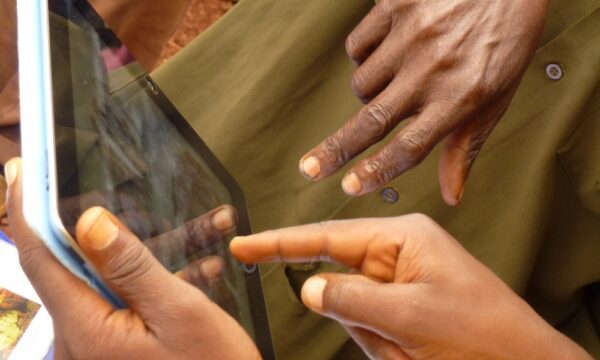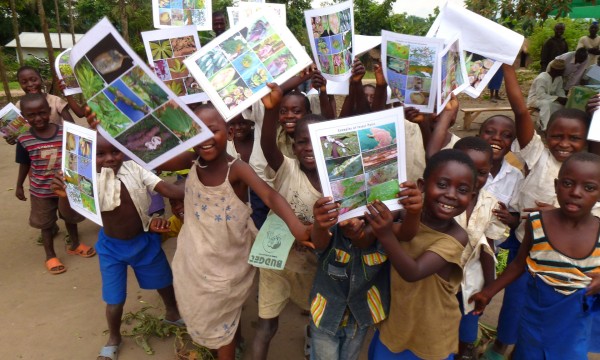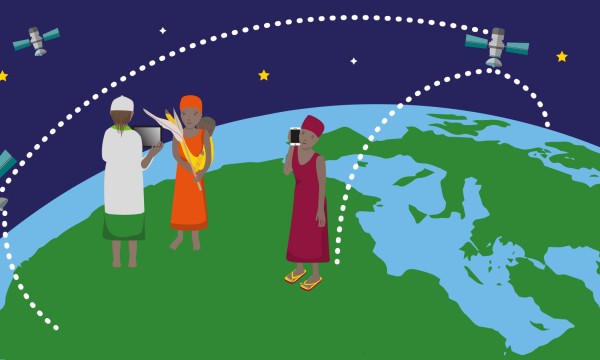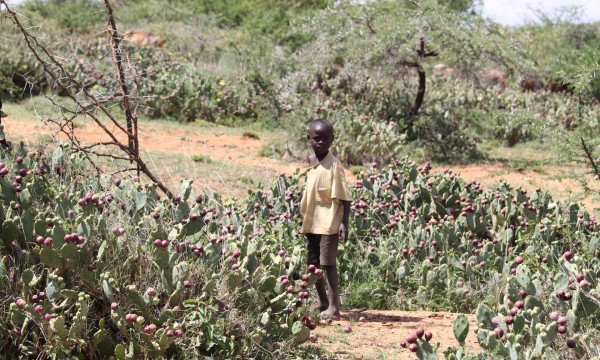About
CABI’s centre in São Paulo, Brazil, was opened at the end of 2010. It operates across the whole of Latin America, providing high quality scientific knowledge, information and expertise to the Latin American nations. This is a region with a diverse climate, high biodiversity and highly sensitive environments, where a wide range of crops and livestock are farmed and traded, particularly coffee and cocoa. The region presents significant opportunities for improving the efficiency and sustainability of agriculture.
The centre supports CABI’s global Plantwise programme, and works with partner institutions in Latin America and the Caribbean to reduce crop losses. It also implements projects related to integrated pest management (IPM) and biological control of agricultural and forest pests, and invasive weeds. Smallholder farmers are encouraged to use IPM approaches to control pests and the centre works to identify practical and sustainable methods of pest control, which also protect the environment and the health of the local community.
Food security is important for countries in the region and the centre encourages them to embrace sustainable production methods. The centre also works to improve information sharing and communication between farmers and other stakeholders.
The centre collaborates with a number of organizations across the region, from local and national governments to universities and commercial enterprises. Examples of mutually beneficial relationships include collaboration with EMBRAPA, one of the main agricultural institutions in Brazil, and the São Paulo universities, UNESP and ESALQ, among many other partners in the region.
Work carried out by the centre is having a positive impact on the region’s economy and environment. Colombia and Chile are both CABI Member Countries, and CABI hopes to be able to welcome other nations in the region as members in the future.
Looking ahead, the centre will continue to strengthen CABI’s presence in the region, opening new projects and creating opportunities for further co-operation with the nations of Latin America.
Contact us

Centre Director, Brazil
Avenida Universitária, 3780, Bairro Altos do Paraíso, Botucatu-SP, 18610-034, Brazil
T: +55 (14) 3880 7670
CABI - Brazil
Centre staff
Centre News & Blogs
CABI works in partnership to step up the fight against invasive Croton scale pest in Grenada
16th June 2025
Related projects
Enhancing Europe’s readiness for managing fall armyworm, an invasive pest threat
The fall armyworm, Spodoptera frugiperda, is one of the major insect invaders in maize production regions worldwide. Over the last decade, this American-origin caterpillar has invaded Africa and Asia, whilst heavily impacting yields. In some countries, food security has been challenged. In other countries, the sudden heavy use of pesticides to control this invasive has created health and environmental problems. The pest has now started to migrate into Europe which is causing concern. Fall armyworm is a new pest to Europe, so the expectation is to use pesticides to control it. This collaborative project aims to improve the preparedness of European agricultural actors through safer and more sustainable control practices.
Start:01/06/25 -End:30/05/30




















